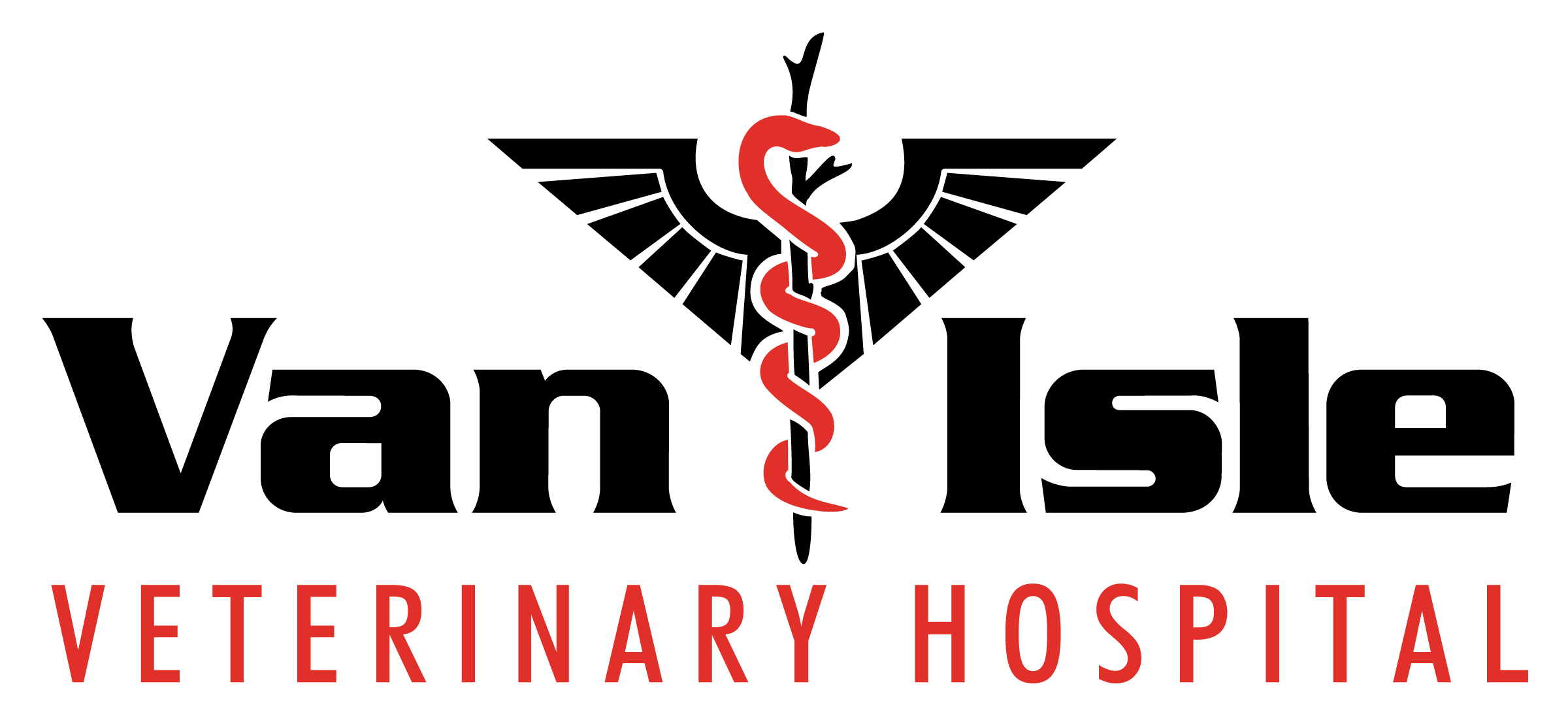Emergency preparedness is a hot topic this time of year. Winter on Vancouver Island means windy, winter storms, floods, power outages and reminders that we live on an active earthquake belt. Every household should be prepared and what better time to do this then the start of 2019! It’s easy to think about our family’s needs first…food rations, water, emergency kits, flashlights and batteries etc. but is your pet prepared?
Our pets are a part of our families too and during a true emergency, not knowing what to do with your furry companion can add extra stress to an already stressful situation. Do you have a pet on regular medications that are critical to maintaining good health such as insulin for diabetes, thyroid or anti-seizure medications? What about specialty diets for skin allergies or kidney disease? Where would your pet go if you had to evacuate your home on short notice?
Key items to have on hand to be “pet emergency ready” include:
- A kennel or portable pet carrier – Kennels are not only useful at time of transport but can be a safe, calming place for your pet to rest in times of upheaval. Kennels are especially useful when staying at a hotel or at a friend’s house for a short period of time.
- Extra bag of specialty foods/diet – If your pet requires a special diet, keeping a small, sealed bag on hand is always a good idea. You should always have at least a week’s supply of your pet’s food at home.
- Portable fresh water and dish
- One week’s supply of your pet’s medications – If your pet requires daily medication, it is never a good idea to let it run out or down to the last day prior to getting a refill. We recommend calling your veterinarian’s office 7 days prior to running out.
- A special toy/treats – revealing a new toy can be a great distraction for your pet while having to kennel or transport during an emergency.
- First Aid Kit – pet first aid kits can be purchased at most vet hospitals and are extremely helpful to have on hand while camping or hiking.
- Extra collar/leash – Keep an extra leash or collar in your car or backpack for use during emergency situations.
- Emergency contact numbers – This list can include your favourite pet boarding facilities, your family veterinarian and friends or neighbours who can check in on your pet or feed them if you are not able to make it home for a period of time.
- ID collar, contact information on your pet! – During times of emergency, pets can become separated from their owners. This can be very traumatic for your family. While microchips and tattoos are a great means of identification, during an emergency situation having an ID tag on your pet’s collar is invaluable. Make sure the ID tag has your UPDATED phone number and address so you can reconnect with your lost pet quickly. At Van Isle Veterinary Hospital, we have lost dogs turned in to us almost weekly. Some with multiple ID tags; many of which have old, inactive numbers and addresses on them which can be frustrating.
Remember, being prepared is the best way to tackle any emergency situation! Give us a call at 250-334-8400 for more information on what you should have in your pet’s emergency preparedness pack, to purchase a first aid kit or to stock up on your pets’ special food/medication.
Written by: Van Isle Veterinary Hospital




